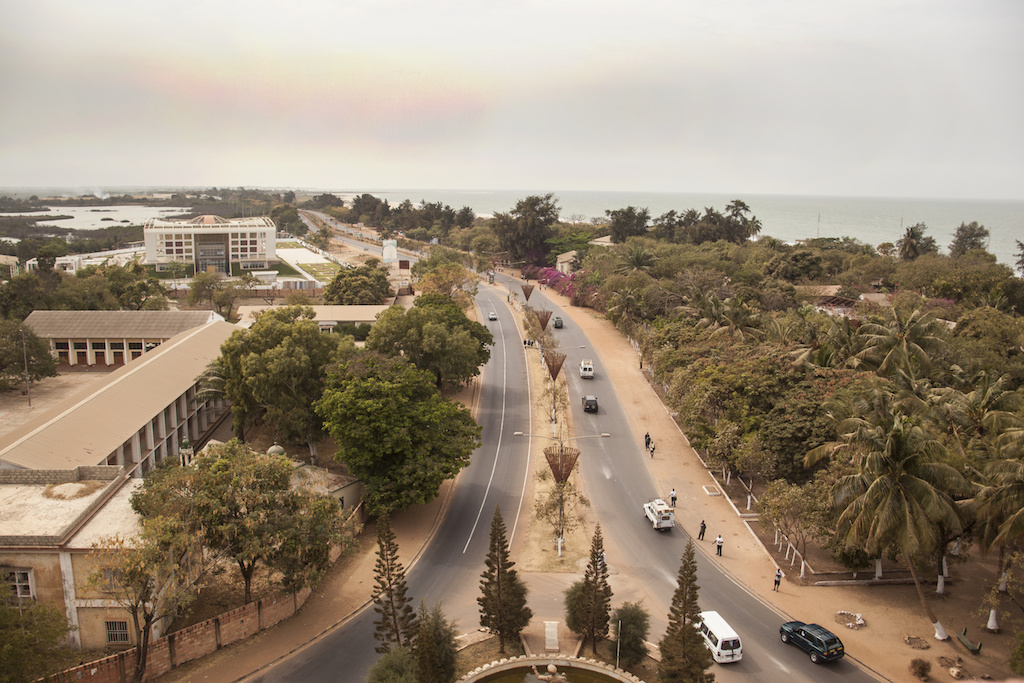Guest Post by Dr. Jennifer Cramer
Program Director, School of Arts and Humanities, American Public University System
Dr. Jennifer Cramer is APUS’s program director of sociology, anthropology, and general studies. She has written a guest blog article that discusses her decision to cancel her research field trips during this pandemic because of the potential risk to the people of the remote villages that she visits. Dr. Cramer is likely not the only researcher in the world who has had to make these hard decisions. I appreciate her insights.
As an anthropologist, I’ve been studying wildlife overseas for the last 17 years. The global pandemic has created challenges and upheaval for most of us, personally and professionally.
Over the last few weeks, I’ve appreciated people’s candid, heartfelt stories about the unexpected and nuanced ways the pandemic is having an impact on them and their lives. For me personally, the pandemic has so far had an impact on my spouse’s job; our young children are unable to attend school for an unknown amount of time; and I am unable to travel to be with a fragile, recently hospitalized family member.
Over the last three years, I’ve worked in about 40 villages to learn more about people’s perceptions of local wildlife and the cultural and environmental changes that have an impact on wildlife. During village visits, I’m often invited to share a meal or tea, which welcomes and includes me in people’s families, to be part of their day, to hear their stories and experiences.
Watching the news about how this virus is spreading very rapidly and through everyday contact, I worry about the possibility of me unknowingly bringing the virus to these villages that are often rural and with limited healthcare access and resources. Who could be at risk during my research trips?
I think of a centenarian elder with white hair and unbridled energy, grandfather to one of my long-time teammates and friends in The Gambia. When we first met, he quietly left to change into formal dress before being introduced. We sat together that afternoon listening as his grandson translated stories from his life for me.
Just recently, that grandfather had climbed to the top of one of the enormous mahogany trees and sat in it all day. His act was a show of resistance to his extended family, who had been arguing vehemently over whether or not to sell the tree to a logger.
I also think about a group of women who asked me if I would like to sit with them while they processed groundnuts. After a long day of interviews, it was a welcome invitation. We sat together, elderly women and nursing moms, each with a basket of groundnuts in her lap, sifting through them and sorting them between shallow baskets.
Little ones napping in the shade made me think about how my own daughters were doing the same thing at home. The group of women working together made me think about growing up and seeing women of my family – my grandmothers and my mother – all cooking together at holiday gatherings.
As the pandemic began unfolding and cases in the U.S. were on the rise, I reached out to a few peer colleagues and to some senior mentors to discuss my concerns about the upcoming fieldwork season for many folks in our field. I was concerned that we would potentially jeopardize the health and safety of people that we work with overseas.
In those conversations, I learned that we’re all in uncharted territory with important discussions and decisions ahead. Closed borders, open borders, and the projections for the virus have made me choose not to go on any research trips for now. It’s important to me that I don’t risk hurting people I work with at a time when we need to put health and safety first, so I’m focusing on work that we can do later.











